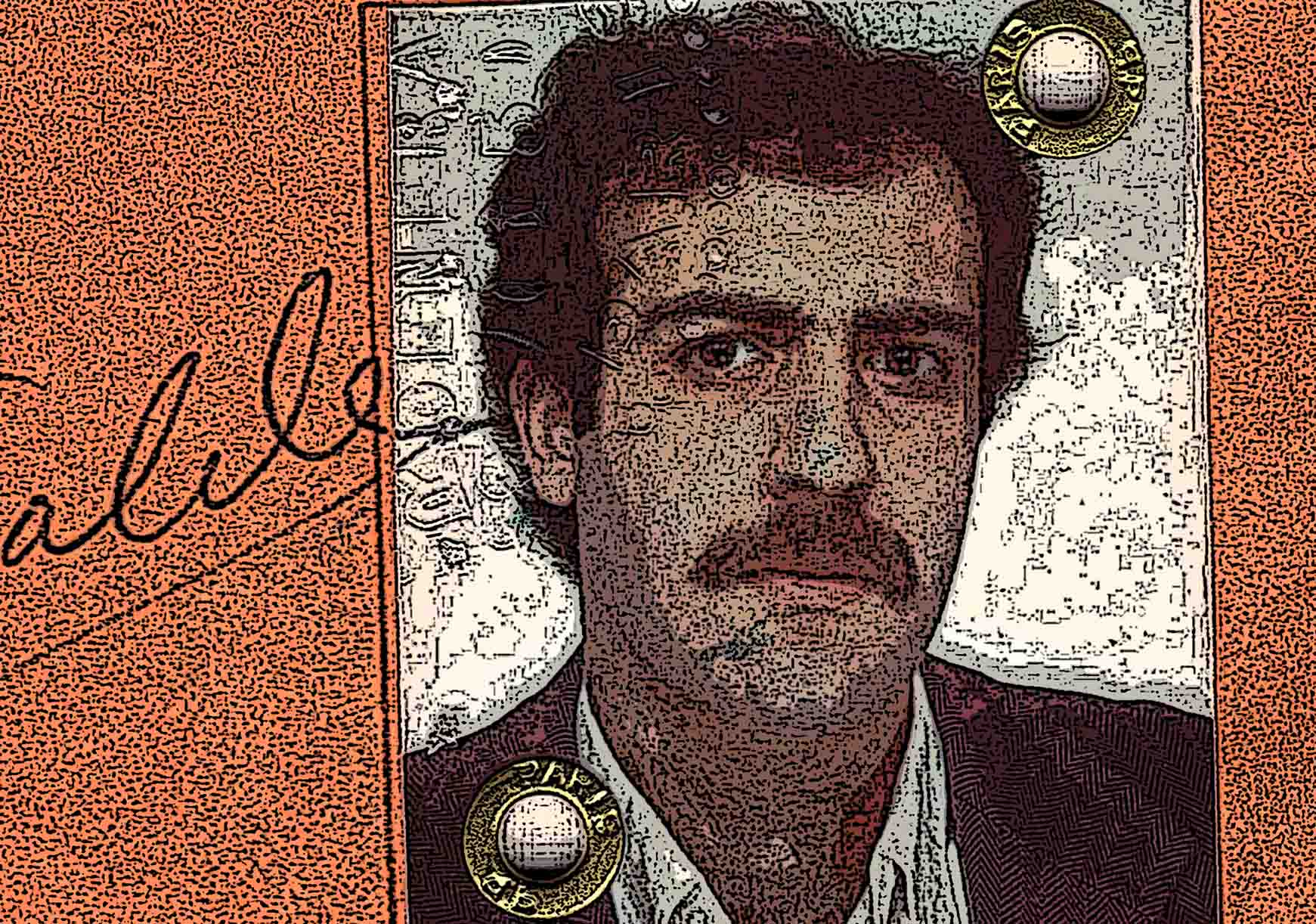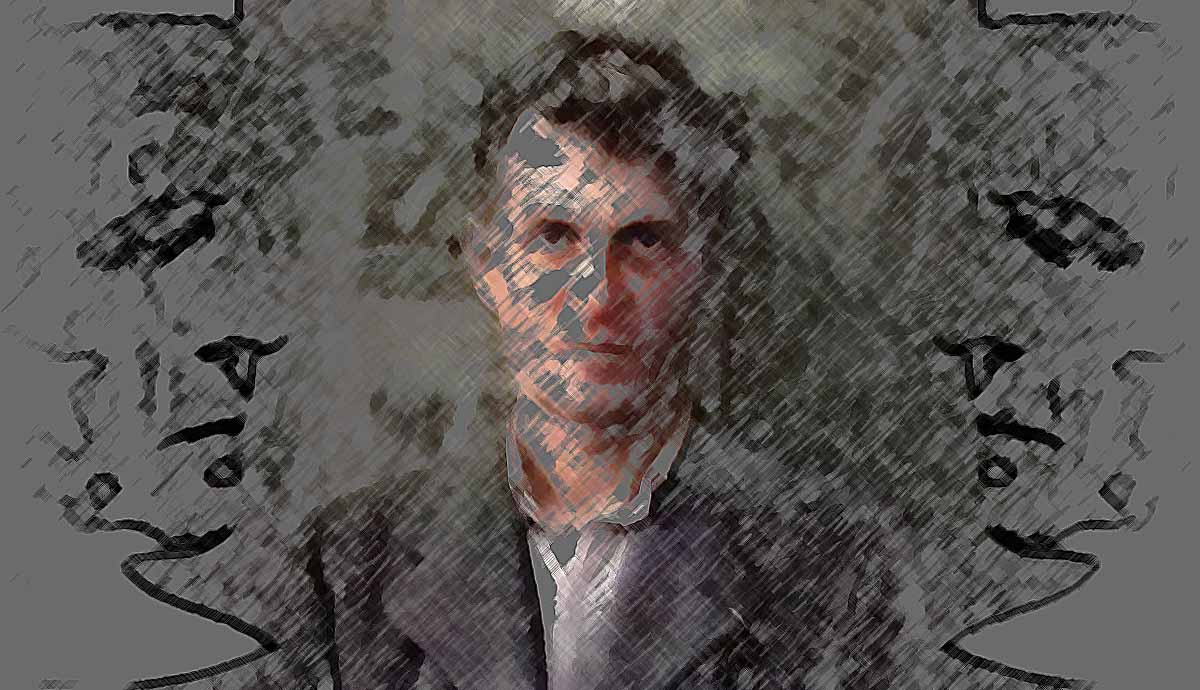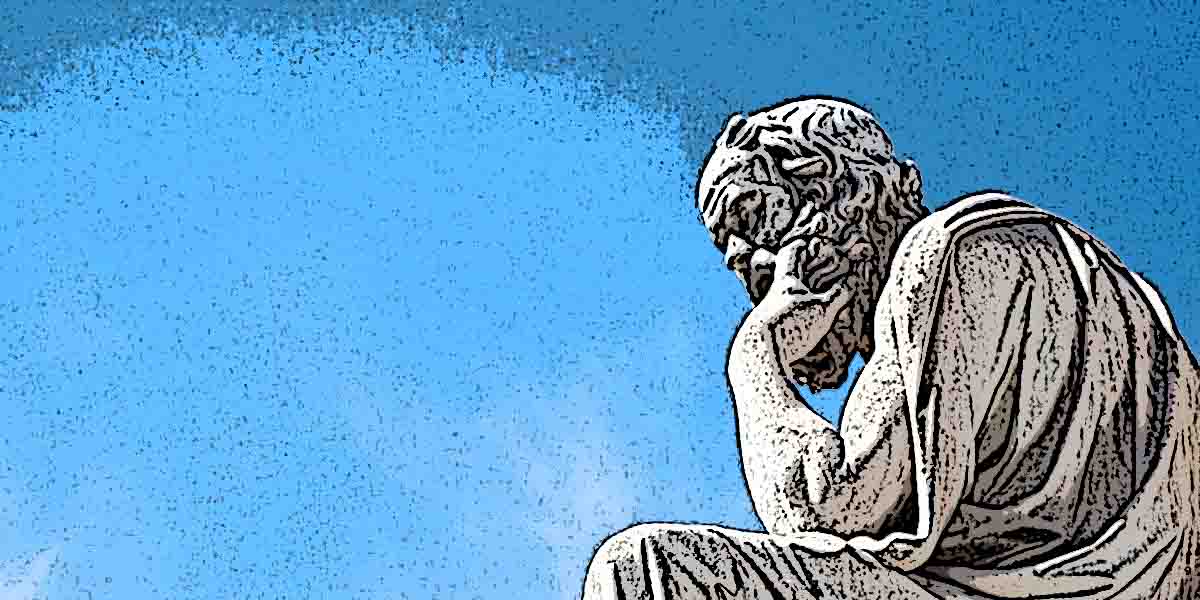against my (acquired) skepticism of anything published in the last 50 years (exceptions: Kazuo Ishiguro's novels, The Selfish Gene), I picked up Nassim N. Taleb's Antifragile.

philosophy
7 posts
one distinction between what Taleb writes in Fooled by Randomness and what Wittgenstein gets at in Tractatus is that the former deals with the practicalities (and sarcasm) of daily life, whereas Tractatus is onto the ontological, epistemological, and linguistic.
when they debate some topic, they do not attempt to follow the reasoning of that which they are debating, but simply try to have the audience concur with what they are presenting.
"Maximus was my model for self-control, fixity of purpose, and cheerfulness under ill-health or other misfortunes. "
this quote from Christopher Hitchens resurfaced today (thanks to readwise). What an elegant way to sum up one's moral compass.
i picked up this book because it promised to express a bold position not only against religion in general but, given the state of affairs since 9/11, Islam in particular. Sam Harris’s unforgiving appetite for logical rigor and evidence-based reasoning help inform our opinion on terrorism, Islamic fundamentalism,
marcus aurelius, the last of the Five Good Emperors, wrote one of the final classical books of stoicism. The Greek title, Ta Eis Heauton, simply means “To Himself”. Someone, somewhere, sometime used “Meditations” as the title, and it stuck. Meditations is essentially a notebook of the Roman Emperor. It is


